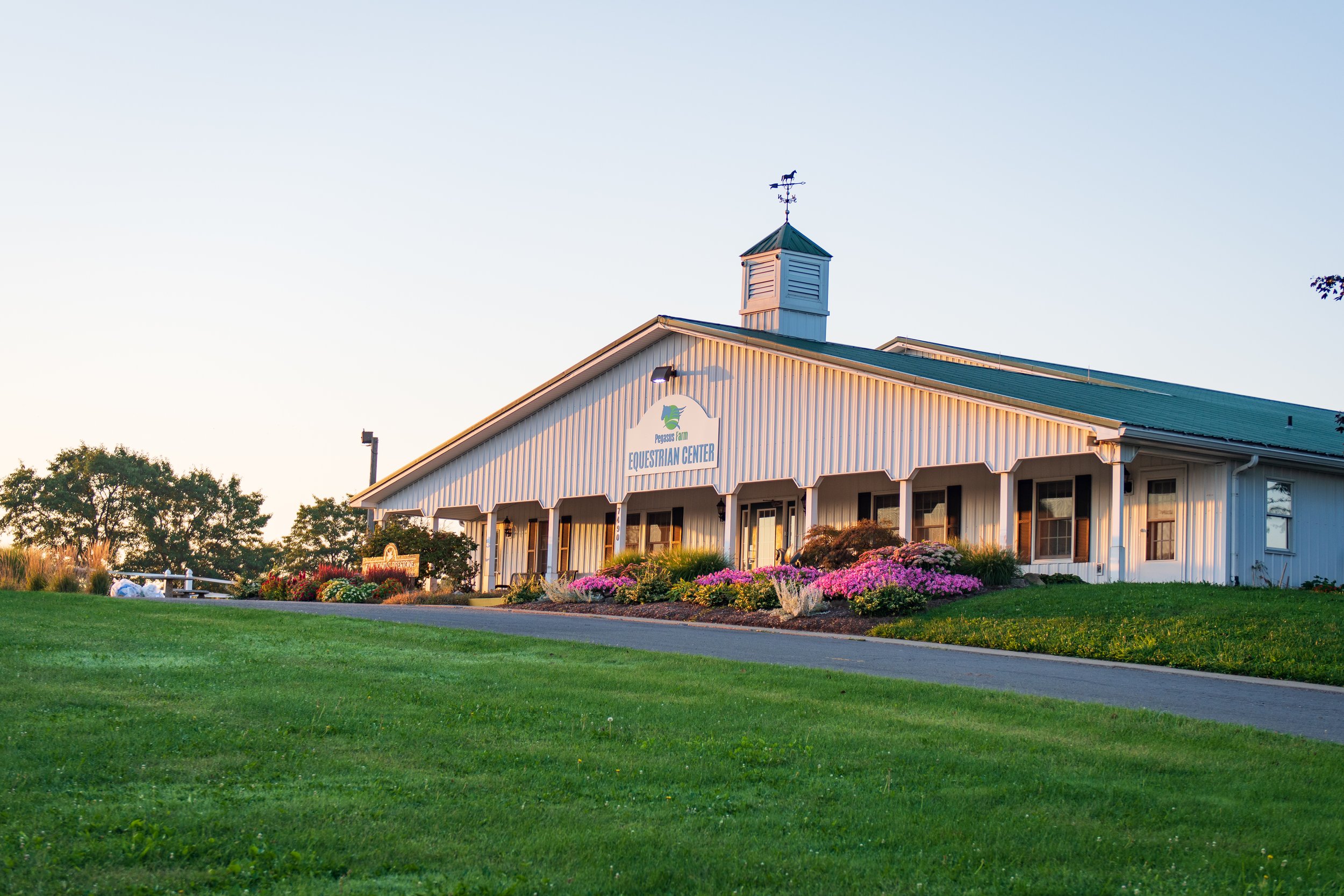
Pegasus Farm Vermicompost
For plant and soil nutrition and fertility
What is Vermicompost?
Vermicompost is a stabilized organic matter produced through the interaction of earthworms and microorganisms. It contains live organisms, like actinomycetes, fungi, pseudomonads, beneficial bacteria, yeasts, plant growth regulators, and trace elements.
Why use Vermicompost?
Vermicompost provides plant and soil nutrition and fertility. It is used as a soil additive, conditioner, and organic fertilizer. It is essential for healthy soil because it adds humus and organic matter to the soil providing bioavailable nutrients to the plants.
How does Vermicompost work?
It enriches the soil and creates a favorable environment for plants and stimulates their growth.
It increases microbial life, soil fertility, organic matter content, aeration of the soil, and helps with water infiltration and retention, while buffering excessive acid or alkaline soil conditions.
It enhances seed germination and plant disease suppression.
Studies have shown vermicompost to suppress plant pathogens such as:
pythium, powdery mildew, verticillium, rhizoctonia, ralstonia solanacearum.
It has also been shown to suppress plant parasite nematodes and root knot nematodes.
Suppresses arthropod insect pests such as:
Chewing insects
Cabbage white caterpillars
Cucumber beetles
Tomato hornworms
Sucking insects
Mealy bugs
Two-spotted spider mites
Aphids
Outcome of usage:
Vermicompost develops a healthier plant with increased yields.
The worm's digestive process leads to super plant growth hormones being created in their waste. This creates an environment that promotes rapid root growth, which quickly leads to bigger, fuller plants.
How much to use:
Seeds:
a pinch of vermicompost per seed
Transplanting Seedlings to Garden:
1 to 2 teaspoons in each hole
Transplanting Mature Plant:
1/2 to 1 cup in each hole
Top Dressing Application:
1/4 to 1/2 cup scratched into the top layer of soil, per plant
Trees
New trees ~ 3 lbs. monthly until established.
Established trees ~ 2 lbs. per inch of tree trunk diameter every other month
How it is made:
Pegasus Farm Vermicompost is produced by using horse manure, cow manure, and shredded paper (our worm food). These matters are mixed together and placed in an aeration bin to begin the thermophilic process. The temperatures of the matters are raised to a range of 130 - 170 degrees Fahrenheit for a minimum of 14 days. During this heating and aeration process weed seeds and pathogens are broken down. The food is then removed from the aeration bin, cooled and then feed to our red wiggler (Eisenia Fetida) worms. Our worms consume the food and place their valuable manure into the matters they have broken down creating our vermicompost.
Storage:
The two things that keep the microbes alive are moisture and air. Vermicompost should stay slightly moist. If it becomes too dry, the microbes will become dormant or die. Direct sunlight (UV light) is the microbes top killer. Our resealable bags help keep the moisture in and the micro holes in the bag allows air to enter for the microbes. Store any unused portion of vermicompost in a cool, dark place in the resealable bag.


